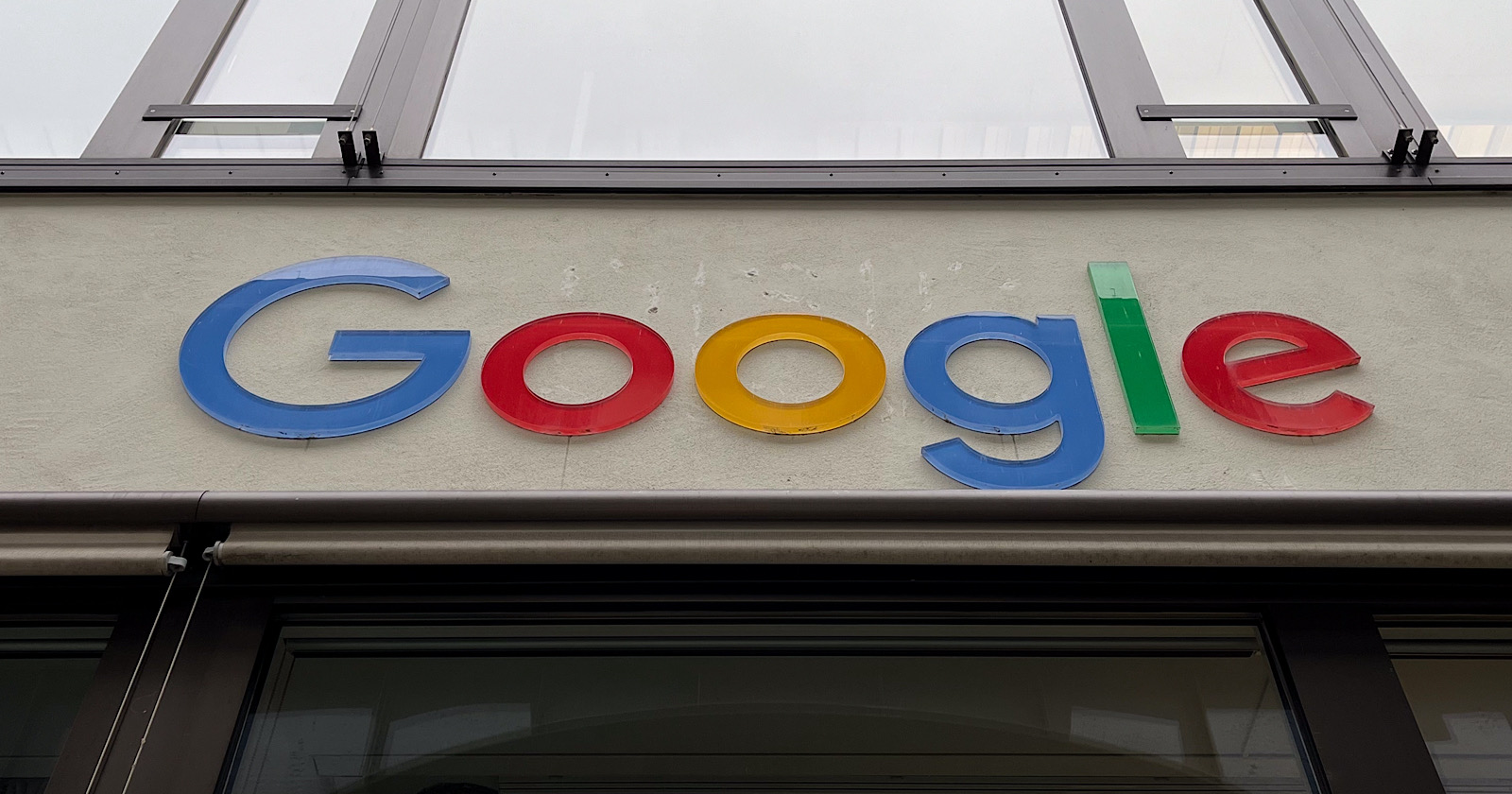
EU Charges Google With DMA Violations: What This Means
- 19.03.2025 18:29
- searchenginejournal.com
- Keywords: Regulatory Issues
The European Union has filed formal charges against Google under the Digital Markets Act, accusing it of favoring its own services in search results and restricting app developers on Google Play. These findings could significantly impact digital marketing strategies in Europe by potentially reducing Google's dominance and increasing opportunities for third-party services.